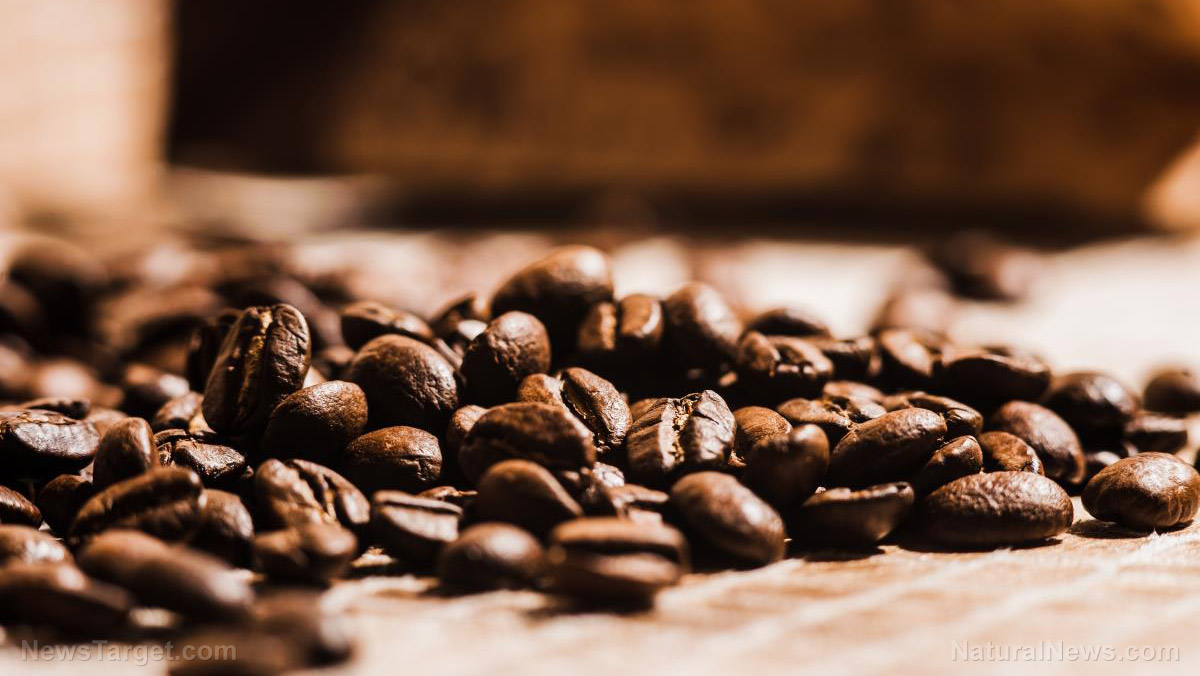
Advertisement
Most of us cannot start our day without having a hot cup of coffee to drink. But did you know that the same cup of joe you enjoy could actually be bad for you? The coffee beans used for your morning brew may have traces of glyphosate, a chemical found in herbicides used on coffee plants. Glyphosate is the main substance used in Roundup weed killer, which is manufactured by Monsanto.
Roundup has been the most widely-used herbicide across the world for many years. However, countless studies have revealed the dangers of the glyphosate it contains. Glyphosate exposure increases the risk for certain cancers, and its accumulation in our bodies over time poses a significant threat to our health. To make matters worse, glyphosate residue in the food supply has continued to rise in the past 30 years at increasingly higher levels.
Glyphosate residue has been found in different food items such as processed foods, wine, oatmeal, wheat, popcorn, sugar and soy beans. Now, it appears that coffee will be joining this list. Recent tests found that coffee beans from certain countries contain high levels of glyphosate.
As a result of this finding, food company Nestle informed some of its coffee suppliers in Brazil and Indonesia of more stringent glyphosate checks on beans. The stricter testing went into effect at the start of October 2019 and will continue until these two countries reduce or eliminate glyphosate use.
The Swiss firm’s additional testing requirement is mainly for coffee beans destined for factories in Malaysia, Europe and Australia. These destination countries implement a strict legal limit on glyphosate allowed in food. In a statement, Nestle said it is “actively monitoring” chemical residues – including glyphosate – in the coffee it buys. It added that it is working with farmers to minimize the need for glyphosate through weed management practices.
Rounding up Roundup’s issues: Organic coffee is the safer (and better choice)
Nestle’s move came amid other countries seeking to prohibit the use of glyphosate, if not banning it altogether. German chemical firm Bayer, Monsanto’s parent company, is now facing lawsuits from individuals claiming that glyphosate has caused them cancer. The German company acquired the Roundup manufacturer in 2018 for $63 billion.
A 2019 report found that glyphosate exposure increased people’s cancer risk by 41 percent, particularly that of non-Hodgkin lymphoma. The study elaborated that all meta-analyses of glyphosate-based herbicides have revealed the chemical’s link to a higher risk of this cancer of the immune system.
Glyphosate limits in the U.S. are not as strict compared to other countries in the world. Given the dangers of glyphosate in your coffee, buying organic coffee is definitely a safer (and better) option.
Organic coffee is grown without the use of synthetic fertilizers or chemicals. Instead, organic fertilizers such as coffee pulp, chicken manure or compost are applied to the coffee plants. Coffee farmed the organic way produces less carbon than chemical farming, and also sequesters significant amounts of carbon. Organic coffee contains more antioxidants as a result.
Organic coffee farming is done in untouched forests, maintaining the natural ecosystems in place. Coffee naturally prefers a shady environment, but planting it in forest land makes tending and harvesting the coffee cherries difficult. Leaving the natural forest area untouched sustains soil fertility and equips the farms to deal with unusual weather patterns.
On the other hand, commercial coffee farming requires that forests are cleared to make room for open fields. Sun-loving coffee varieties that have higher yields are grown, at the cost of destroying the native ecosystem. Animals that get rid of pests such as birds and lizards are deprived of a home, which allows coffee pests to overpopulate. The absence of these animals also deprives the land of natural fertilizer from bird droppings and leaf litter. This leads to the use of chemicals on the farm to fertilize the land and get rid of pests.
Commercial coffee farms also face significant issues when it rains. The lack of trees to cover the soil and hold it together causes increases the amount of soil being washed away. Rainwater carries away the soil and the chemicals it has been treated with: Both end up in local water supplies, and the chemical treatments pose a threat to people’s health.
Despite the slightly higher price, you can be sure that organic coffee is devoid of harmful chemicals such as glyphosate. Its farming method is definitely earth-friendly and you get a better-tasting cup every time.
Visit Organics.news to find out the wonders of organic coffee and other crops grown the natural way.
Sources:
Advertisements







